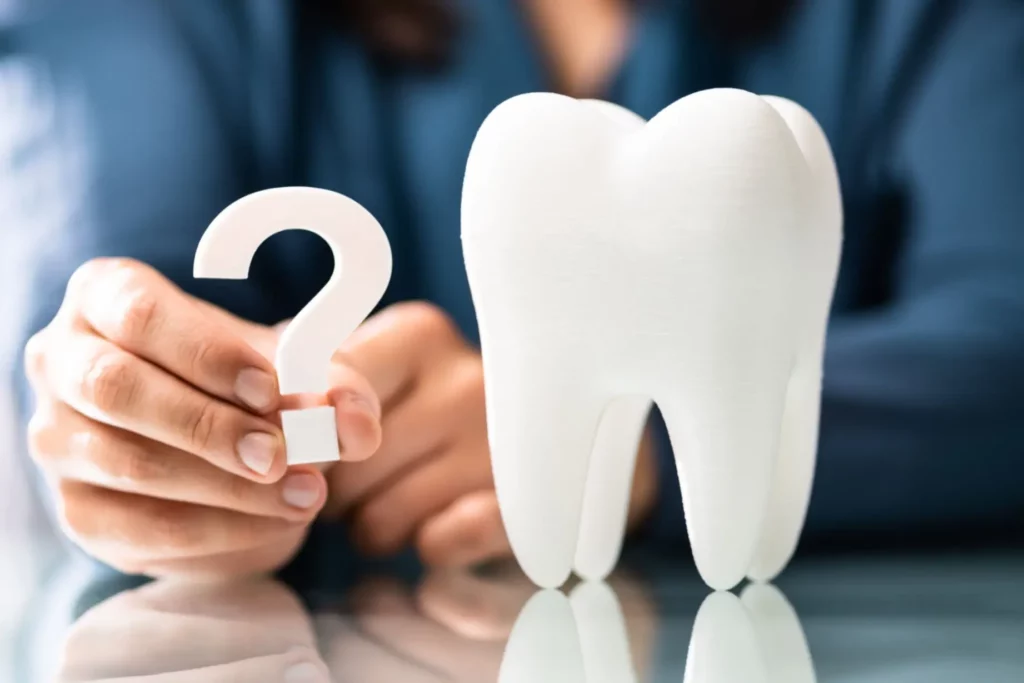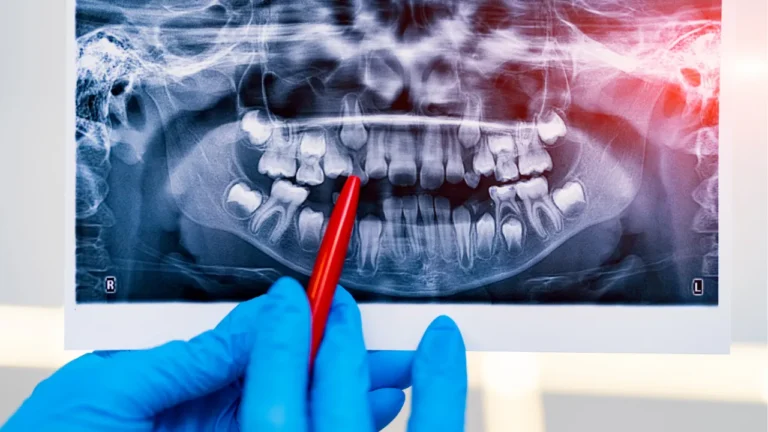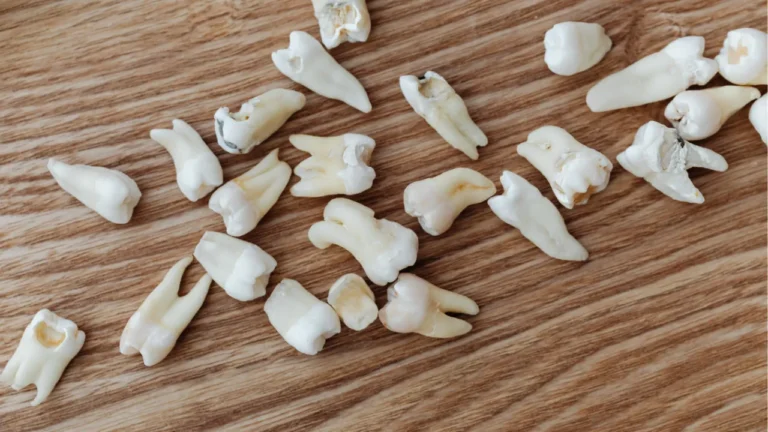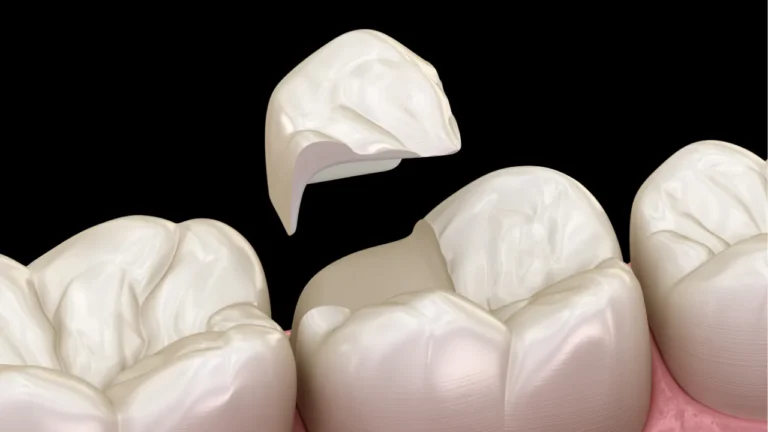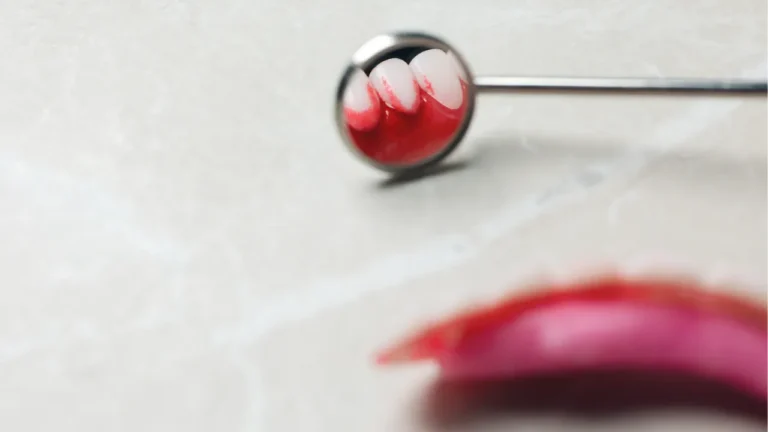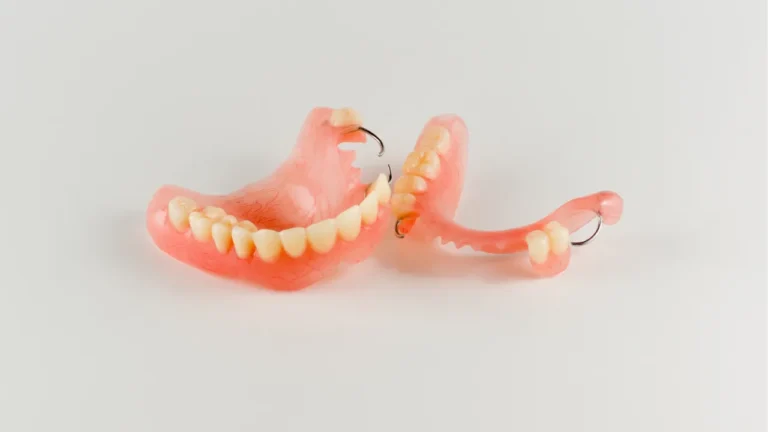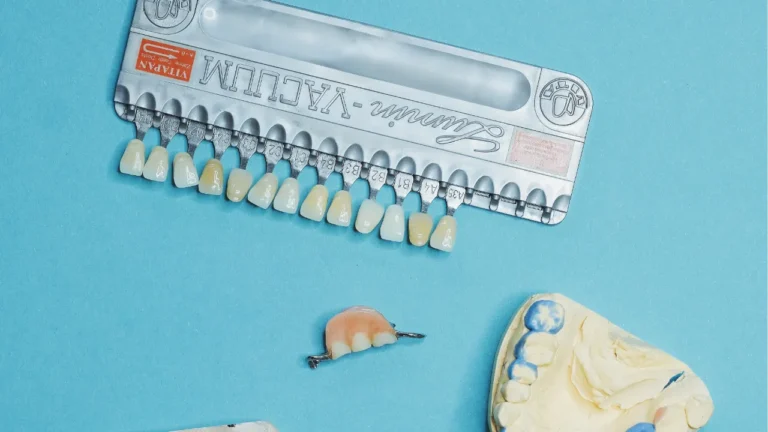Here’s a breakdown of prevalent dental misconceptions and the corresponding facts:
- Tooth loss is genetic
- Flossing isn’t as necessary as brushing
- Dental X-rays are dangerous.
- Crowns and fillings protect against future tooth decay.
- The harder you brush, the cleaner your teeth
- You shouldn’t get your wisdom teeth out until they start to hurt.
- Sugar-free gum is bad for your teeth.
Maintaining good oral health is crucial for overall well-being, and it’s essential to dispel common myths that can hinder proper dental care.
Let’s dive into something we all deal with but might not fully understand: dental myths.
We’re breaking down these misconceptions to help you take charge of your oral health like a pro.
Key Facts
- Tooth Loss and Genetics: Genetics play a role, but tooth loss is preventable through good oral hygiene and avoiding factors like excessive sugar and smoking.
- Flossing Importance: Flossing is vital; it reaches areas brushing can’t, preventing cavities and gum disease.
- Safety of Dental X-rays: Dental X-rays are safe, using minimal radiation for crucial diagnostics, revealing hidden issues.
- Limits of Crowns and Fillings: While they protect treated areas, they don’t prevent new decay; hygiene is key.
- Gentle Brushing: Vigorous brushing harms gums and enamel; soft brushes and gentle technique are effective.
- Wisdom Teeth Removal: Preemptive removal prevents complications; waiting for pain complicates treatment.
- Sugar-Free Gum Benefits: Sugar-free gum, especially with xylitol, aids oral health, reducing cavities and boosting saliva.
Dental Myths
Myth 1: Tooth loss is genetic.
Fact: While genetics can play a role in tooth development and susceptibility to certain dental issues, tooth loss is primarily preventable.
Poor oral hygiene, excessive sugar consumption, and smoking are major contributing factors to tooth decay and gum disease, which are leading causes of tooth loss.
Myth 2: Flossing isn’t as necessary as brushing.
Fact: Flossing is indispensable for thorough oral hygiene.
Brushing alone cannot reach the tight spaces between teeth where plaque and food particles accumulate, leading to cavities and gum disease.
Flossing removes these trapped debris, preventing dental problems.
Myth 3: Dental X-rays are dangerous.
Fact: Dental X-rays are safe and essential diagnostic tools for dentists. Modern X-ray technology utilizes minimal radiation, and the benefits far outweigh the risks.
X-rays allow dentists to detect hidden dental issues like cavities, bone loss, and impacted teeth for timely treatment.
Myth 4: Crowns and fillings protect against future tooth decay.
Fact: While crowns and fillings restore damaged teeth and prevent further decay in the treated areas, they don’t make you immune to future cavities.
Maintaining good oral hygiene remains crucial to prevent new decay from forming on other teeth.
Myth 5: The harder you brush, the cleaner your teeth.
Fact: Brushing too vigorously can damage your gums and enamel, making them more susceptible to infection and erosion.
Use a soft-bristled toothbrush and gentle brushing technique to effectively clean your teeth without harming them.
Myth 6: You shouldn’t get your wisdom teeth out until they start to hurt.
Fact: Prophylactic wisdom teeth removal is often recommended to prevent potential complications like overcrowding, impaction, and damage to neighboring teeth.
Waiting until wisdom teeth cause pain or problems can make treatment more complex and increase the risk of complications.
Myth 7: Sugar-free gum is bad for your teeth.
Fact: Sugar-free gum, particularly with xylitol, can actually benefit your oral health. Xylitol, a natural sugar alcohol, helps neutralize plaque acids, reducing the risk of cavities.
Chewing sugar-free gum after meals can stimulate saliva production, which helps wash away food particles and bacteria.
Conclusion
There you have it, folks! Let’s bust those myths wide open and embrace a smarter approach to oral health.
From Jozi to Cape Town, let’s prioritize regular check-ups, gentle care, and evidence-based dental practices for brighter, healthier smiles across South Africa.
Your smile? It’s your superpower—let’s keep it dazzling!

